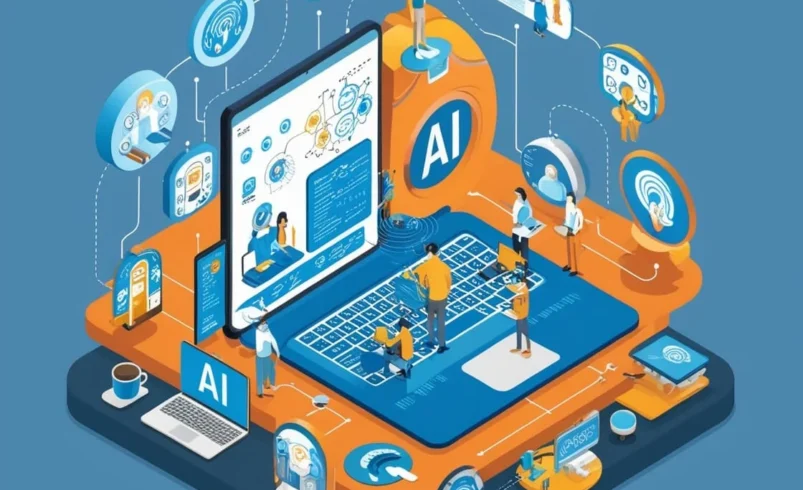Navigating Tomorrow: Life in the Age of AI
- June 26, 2024
- 0
Welcome to the age of AI, where the lines between science fiction and reality blur, and our daily lives are intertwined with intelligent algorithms and smart systems. This
9621 Agnes Crossing, Lake Suzanneview, New Mexico Island 84604-9295.
Welcome to the age of AI, where the lines between science fiction and reality blur, and our daily lives are intertwined with intelligent algorithms and smart systems. This
